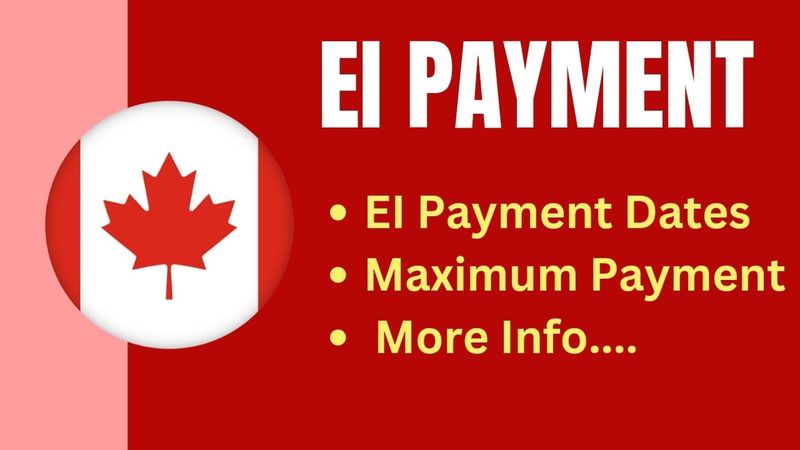In Canada, Employment Insurance (EI) is a vital financial support system for workers who find themselves temporarily unemployed. Whether you’re facing job loss, illness, or the need to care for a family member, EI can provide crucial income support during challenging times. However, not everyone is eligible for this benefit. Understanding the eligibility criteria is essential for anyone considering applying for EI. In this post, we’ll break down the key requirements you must meet to qualify for EI in Canada.
Eligibility Criteria for Employment Insurance (EI) in Canada
1. Employment Status
To be eligible for EI, you must have been employed in insurable employment. This means that your employer must have deducted EI premiums from your wages, and you must have paid into the system while you were working. Self-employed individuals do not automatically contribute to EI, although they may opt into special programs designed for them.
2. Valid Reason for Job Loss
You must have lost your job through no fault of your own. This typically means that you were laid off due to a shortage of work, seasonal employment ending, or the company you worked for shutting down. If you were dismissed for misconduct or quit without a valid reason, you might not qualify for EI benefits.
3. Hours of Insurable Employment
A crucial factor in determining your eligibility for EI is the number of insurable hours you’ve worked in the past 52 weeks or since your last EI claim (whichever is shorter). The specific number of hours required varies depending on your region’s unemployment rate. Generally, you will need between 420 and 700 insurable hours. In areas with high unemployment, fewer hours are required.
4. Actively Seeking Work
To maintain eligibility for EI, you must be actively looking for work while receiving benefits. This means you need to keep a record of your job search efforts, including contacting potential employers and applying for jobs. If you are not making a genuine effort to find new employment, your benefits could be reduced or discontinued.
5. Availability for Work
You must be capable and available for work while on EI. This means that you are physically and mentally able to work and are ready to accept a job if one is offered to you. If you are unable to work due to illness or injury, you may be eligible for EI sickness benefits instead.
6. Previous EI Claims
If you have previously received EI benefits, the rules may differ slightly. In some cases, you might need more hours of insurable employment to qualify for a new claim, or your benefit rate might be adjusted based on your earnings during your last claim period.
7. Residency
To qualify for EI, you must be a Canadian resident. This means that you live in Canada and have established a home here. Temporary residents, such as those on work permits or student visas, may not qualify unless they meet specific conditions.
8. Reporting and Compliance
Once you start receiving EI benefits, you must regularly report to Service Canada to confirm that you continue to meet the eligibility requirements. This includes reporting any earnings, job offers, or changes in your availability for work. Failure to comply with reporting requirements can lead to penalties or the loss of benefits.
Eligibility for Employment Insurance (EI) in Canada
To qualify for regular EI benefits, you generally need to:
Have lost your job through no fault of your own: This includes layoffs, seasonal work ending, or business closures.
Be ready, willing, and able to work: You must actively search for a job.
Have worked enough insurable hours: The required number of hours depends on the unemployment rate in your region. It’s usually between 420 and 700 hours in the past 52 weeks.
Additional Factors Affecting Eligibility
Type of Employment: Most types of employment qualify for EI contributions, but there are exceptions.
Reason for Job Loss: Some reasons for job loss might disqualify you, such as quitting voluntarily without just cause.
Availability for Work: You must be available to work full-time.
Important Note: This is a general overview. Specific eligibility criteria can vary based on your situation.
Conclusion
Navigating the Employment Insurance system can be complex, but understanding the eligibility criteria is the first step toward securing the support you need. If you believe you meet the requirements, you can apply for EI through the Government of Canada’s website or by visiting a Service Canada office. Remember, EI is designed to provide temporary financial relief, so it’s crucial to actively seek new employment opportunities while receiving benefits. By staying informed and proactive, you can make the most of the support available to you during challenging times
